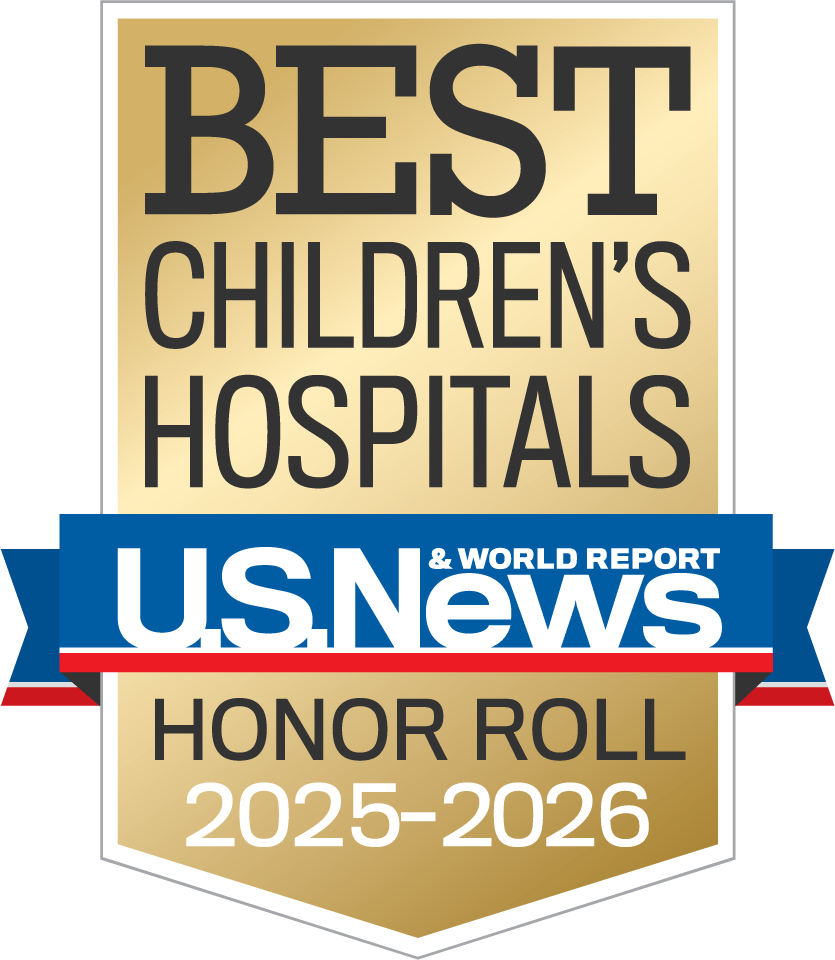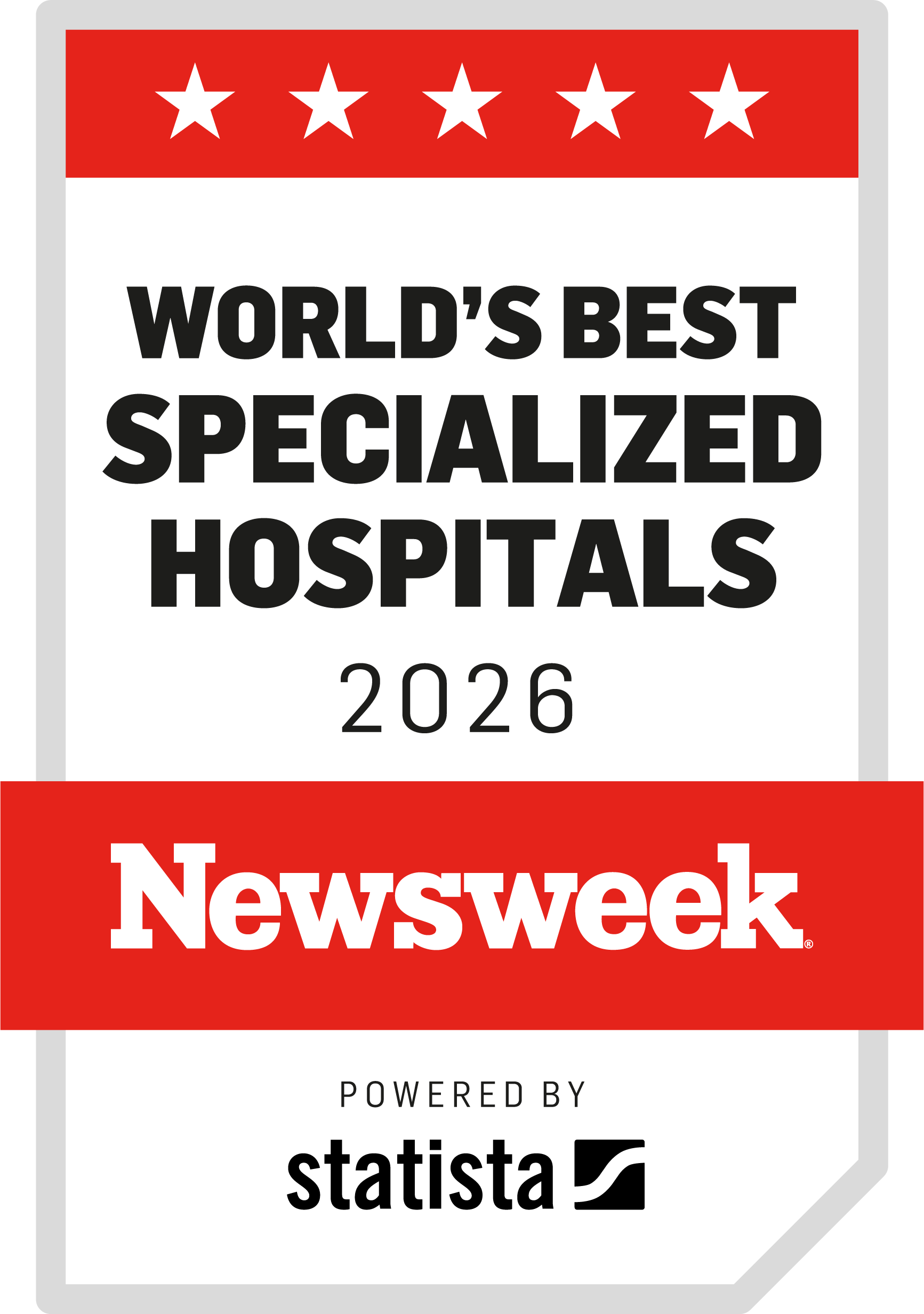The Fatty Liver Interdisciplinary Program (FLIP) at Boston Children’s Hospital is a team of doctors, nurses, dietitians, and other staff dedicated to caring for children and young adults living with fatty liver disease.
Fatty liver disease — also called nonalcoholic fatty liver disease (NAFLD) — occurs when excess fat is stored in the liver. NAFLD affects nearly 5 to 8 million children and adolescents, making it the most common pediatric liver disease in the U.S.
If untreated, NAFLD can cause inflammation and scarring of the liver, and can lead to liver damage, cirrhosis, or liver failure. If this happens, a liver transplant may be necessary.
FibroScan® test for fatty liver disease
At Boston Children’s, our multidisciplinary team diagnoses fatty liver disease through a combination of abdominal imaging tests which may include ultrasound and FibroScan® — a specialized ultrasound machine designed to measures scarring (fibrosis) and steatosis (fatty change) in your liver. We also conduct blood tests, a physical exam, and evaluate your child’s medical history.
Obesity and fatty liver disease
If we confirm a diagnosis of fatty liver disease, our hepatologists and fatty liver dietitians work with you and your child to make any necessary lifestyle changes, such as in their diet and physical activity, with the goal of eliminating excess fat in the body and liver.
Because obesity is a significant risk factor for nonalcoholic fatty liver disease, we offer five hospital-based programs to help patients manage their weight:
- Optimal Wellness for Life (OWL) Program: The largest pediatric weight management clinic in New England, treating children between ages 2 and 20.
- One Step Ahead: Focused on prevention and management, this program treats 3- to 13-year-olds who are part of the Children’s Hospital Primary Care Center.
- STEP Program: Based in the Division of Adolescent and Young Adult Medicine, the Strategies for Teen Empowerment and Physical Health Program works with 13- to 25-year-olds to develop developmentally appropriate weight and lifestyle management approaches.
- Preventive Cardiology Clinic (Lipid Clinic): A preventive cardiology program that serves patients with elevated lipid levels and high blood pressure.
- Adolescent Weight Loss (Bariatric) Surgery Program: A program for adolescents who are considering surgical interventions to reduce weight.
Our areas of innovation
The Fatty Liver Program was one of the first pediatric programs in the United States to use FibroScan®, a non-invasive assessment of liver fat in children. This is now a routine method of understanding the severity of liver fat in most patients. In addition, the Fatty Liver Interdisciplinary Program is currently studying the impact of patient’s neurobehavioral health and their fatty liver disease.


